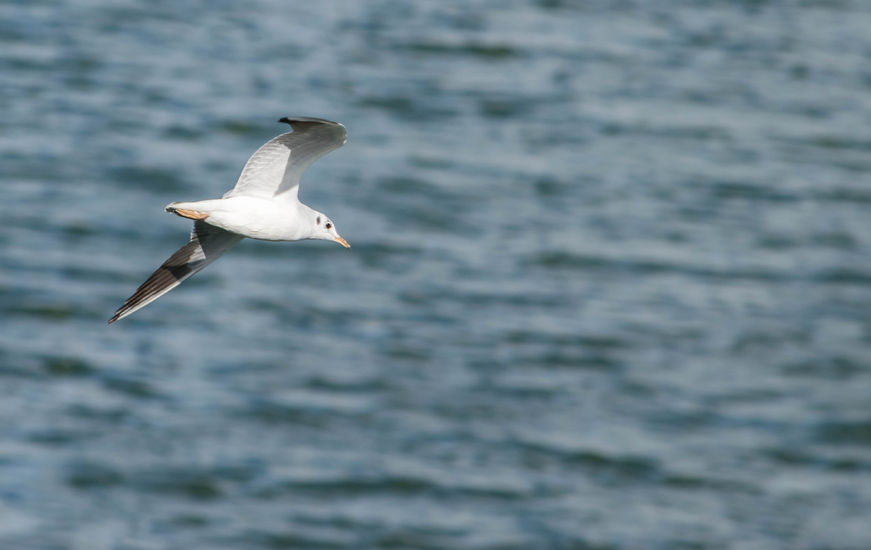
The government are imposing a national Avian Influenza Prevention Zone throughout England after being alerted to a large scale wild bird death, confirmed to be a result of the European strain of the avian influenza virus H5N6.
The outbreak, which happened in Warwickshire, is understood to have involved 13 wild birds.
Defra has now announced a national Avian Influenza Prevention Zone for England.
Poultry keepers of any size must, by law, follow specific disease prevention measures. These also apply even if birds are pets. These are designed to reduce the risk of infection from wild birds.
Birds can still continue to go outdoors into fenced areas, but only if these areas meet certain conditions including making the areas unattractive to wild birds, for example by netting ponds, and by removing wild bird food sources.
Three zones
Defra has also said poultry keepers, who keep over 500 birds in England, must set up 3 distinct zones with physical barriers and disinfection facilities between each zone.
These zones are the Poultry Zone, the Ancillary Zone (for feed, litter, dead stock, stores) and the Public Zone (for car parking, etc).
The zone will be mandatory and enforced by trading standards, and will be in place until further notice and will be kept under regular review.
Up to 100 birds have now been found dead at two locations. 31 testing positive for H5N6 in Dorset, whilst 13 have been identified as having H5N6 in Coventry.
Defra stated it expected more cases to follow after the Dorset outbreak.
Chief Veterinary Officer Nigel Gibbens said: “Following the latest finding of bird flu in wild birds in Warwickshire, we are extending our action to help prevent the virus spreading to poultry and other domestic birds.
“Whether you keep just a few birds or thousands, you are now legally required to meet enhanced biosecurity requirements and this is in your interests to do, to protect your birds from this highly infectious virus.”
Strict biosecurity
All poultry keepers in England are now being urged to adhere to detailed requirements on strict biosecurity, whether they have commercial flocks or just a few birds in a backyard flock.
This means it will be mandatory for all captive bird keepers in England to put enhanced biosecurity measures in place, which include:
• Minimise movement in and out of bird enclosures
• Clean footwear before and after visiting birds, using a Defra approved disinfectant at entrances and exits
• Clean and disinfect vehicles and equipment that have come into contact with poultry
• Keep areas where birds live clean and tidy, and regularly disinfect hard surfaces such as paths and walkways
• Humanely control rats and mice
• Place birds’ food and water in fully enclosed areas protected from wild birds, and remove any spilled feed regularly
• Keep birds separate from wildlife and wild waterfowl by putting suitable fencing around outdoor areas they access
• Keep a close watch on birds for any signs of disease and report any very sick birds or unexplained deaths to your vet
Poultry keepers and members of the public should report dead wild birds to the Defra helpline on 03459 33 55 77 and bird keepers should report suspicion of disease to APHA on 03000 200 301.
